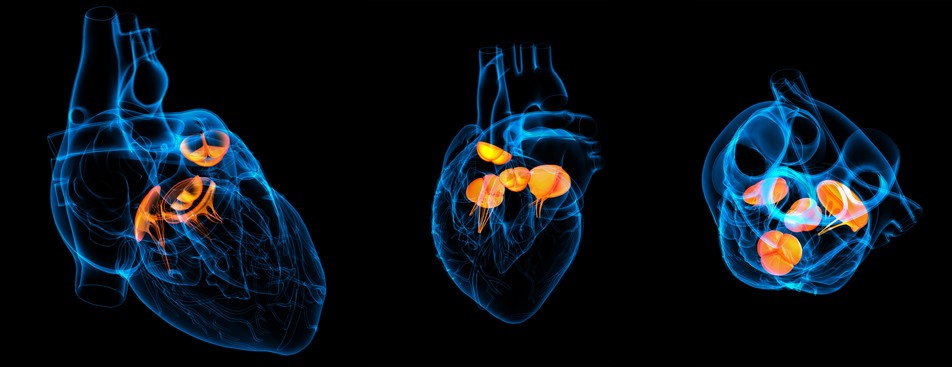The Silent Threat in Your Heart: Understanding Aortic Valve Stenosis
DEC 02, 2025The aortic valve's job is to let oxygen-rich blood flow out to your body and then close tightly to prevent blood from leaking back into the heart.
Read More
When it comes to hearing news of a medical recall, it can be tempting for consumers to panic. CHI Health patients that have had the TAVR procedure do not have to worry about being affected by this recall.
As a minimally invasive surgical procedure, TAVR was developed to repair damaged heart valves, without performing open heart surgery on patients.
By inserting a wire through a blood vessel into the aortic valve, the device uses a tiny balloon to deliver and place a new valve within the diseased valve. Approved in August by the FDA for all patients regardless of their operative risk, the TAVR procedure has been performed about 41,000 times from 2012 to 2014, according to the Agency of Healthcare Research and Quality.
After a report of 17 injuries and one death, the FDA found that a specific model of balloon was found to burst on implantation. The FDA recalled the Edwards Lifesciences, Sapien 3 Ultra balloon.
Approved in December 2018, Canadian regulators issued a recall on the valves due to the same issue on July 16.
While the United States pilots the next generation of the device in 10 pilot centers, patients will not be affected. Therefore, the FDA’s approval of the TAVR devices in August will continue.
If you have questions or concerns about this or other medical news, don’t hesitate to ask your health care provider. If you do not have a health care provider, please visit CHI Health’s Provider Match tool!

The aortic valve's job is to let oxygen-rich blood flow out to your body and then close tightly to prevent blood from leaking back into the heart.
Read More
Your heart rate, the number of times your heart beats per minute, is a silent whisper, constantly telling a story about your health, your fitness, and even your emotional state.
Read More
While many vascular diseases share common risk factors and presentations across genders, it's crucial to acknowledge that women often experience these conditions differently.
Read MoreWhen you need local health information from a trusted source, turn to the CHI Health Better You eNewsletter.